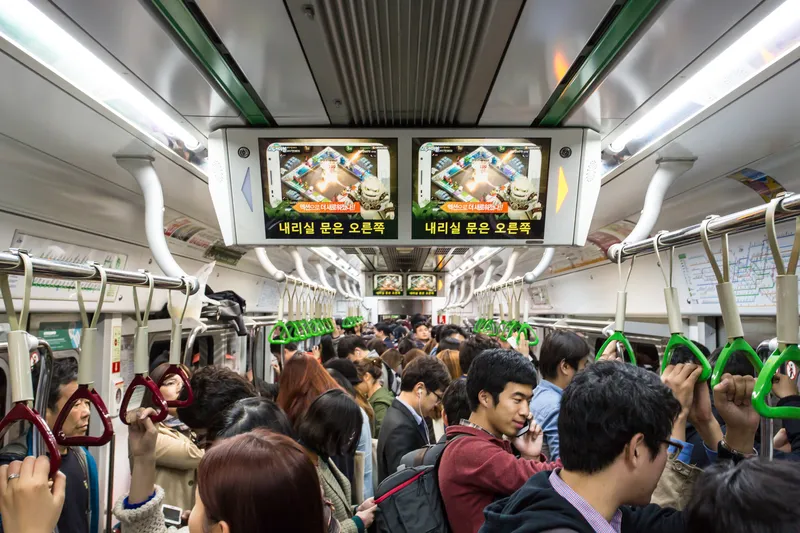Siemens has chosen Ann Arbor, Michigan as the company’s first centre of excellence for intelligent traffic technology.
Siemens will provide Ann Arbor with its latest innovative hardware and software technology to help expand the city’s smart traffic system infrastructure. Ann Arbor will be among the country’s first real-world implementations of this latest intelligent traffic technology and the partnership will allow the city to continue to modernise and enhance its transportation systems, while enablin
December 15, 2015
Read time: 3 mins
Siemens will provide Ann Arbor with its latest innovative hardware and software technology to help expand the city’s smart traffic system infrastructure. Ann Arbor will be among the country’s first real-world implementations of this latest intelligent traffic technology and the partnership will allow the city to continue to modernise and enhance its transportation systems, while enabling Siemens and the city to gather new real-world data and insight into the impact of intelligent traffic technologies on congestion and safety.
The technologies that will be part of the centre of excellence include: The newest version of Siemens TACTICS smartGuard, cloud-based traffic management software which allows cities of any size to monitor, view and respond to changing traffic conditions in real-time from any internet-enabled device; The latest version of SEPAC local controller software, located on the traffic controller this software communicates between the controller and the central system, as well as between the controller and mobile devices including smart phones and vehicles; Upgrade to existing SCOOT (Split, Cycle and Offset Optimisation Technique) system, an adaptive traffic control system that automatically adjusts signal timing to optimise traffic flow.
These systems will allow Ann Arbor to respond and adapt more quickly and intelligently, in real-time, to improve traffic flow and safety.
“Ann Arbor is a city of 115,000 residents, 70,000 students and thousands of visitors and that put considerable stress on a transportation system so the need to move traffic in and out of the city efficiently is crucial not only for economic and environmental impacts, but for quality of life for Ann Arbor residents,” said Marcus Welz, president of Siemens Intelligent Traffic Systems. “The city’s ability and willingness to leverage technology to improve traffic and quality of life for their residents and guests, our long-standing 10-year technology partnership, and the existing culture of research through the university and local business make Ann Arbor an ideal partner of choice for a Siemens Intelligent Traffic Center of Excellence.”
Siemens will work in conjunction with local distributor Carrier & Gable to implement the technology and showcase the systems at their local Ann Arbor office. Siemens will also offer software support to keep Ann Arbor up to date with the latest versions of its technologies.









